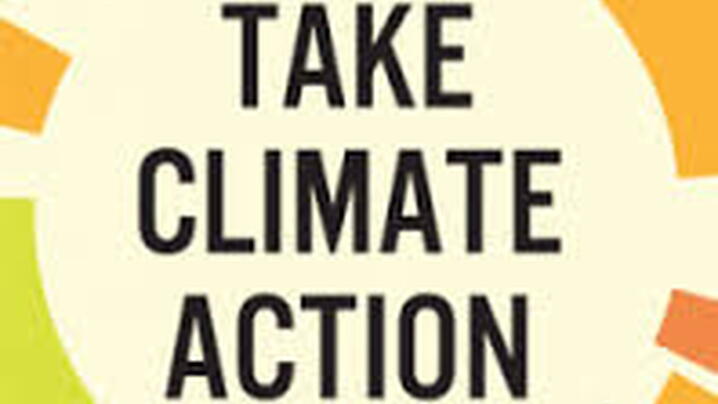
Last week’s U.N. Climate Summit created a lot of buzz around climate change and brought it to the forefront of the world’s consciousness again. Suddenly everyone is talking about it and eyes are turning towards local and national leaders as they vow to take action.
But we’ve seen this happen before – eight years ago after Al Gore’s An Inconvenient Truth; five years ago after the summit in Copenhagen. Each time, the fervor around climate change has died down and the world has shifted its attention back to things perceived as more immediate concerns. So this time around, how can we keep the momentum building instead of tapering off like it has in years past?
In a recent piece for TIME, Dean Ornish suggests that the answer lies in “love and feeling good.” While the phrasing is a bit treacly, the idea behind it is a good one. Fear is not an effective long-term motivator. The conversation around climate change needs to shift from fear-inspiring, world-ending disaster scenarios to hope-inspiring personal narratives. Substantive change will come from wanting to improve the lives of the people we care about; it will come from trying to better our communities, not attempting to save them from future disaster.
Ornish’s sentiment is echoed in anecdotes all over the internet about how personal brushes with the effects of climate change have inspired active concern and changes in behavior. It turns out all these stories are not just coincidence. Research suggests that people who have experienced severe weather events linked to climate change are more likely to be aware of the issue and willing to adopt sustainable practices. Climate change discussions need to highlight the reality of personal level consequences and incorporate the idea of positive motivation.
When translated to a larger scale, the idea of being motivated by a positive rather than a negative means that cities and countries need to stop seeing adaptation and mitigation measures as a costly set of implementations and start seeing them as a way to improve efficiency and utilize new technology. The current iteration of CityLinks, with its focus on climate change, operates with this idea in mind. The program facilitates partnerships where adaptation can be an opportunity, not a burden.
New, Reduced Membership Dues
A new, reduced dues rate is available for CAOs/ACAOs, along with additional discounts for those in smaller communities, has been implemented. Learn more and be sure to join or renew today!
